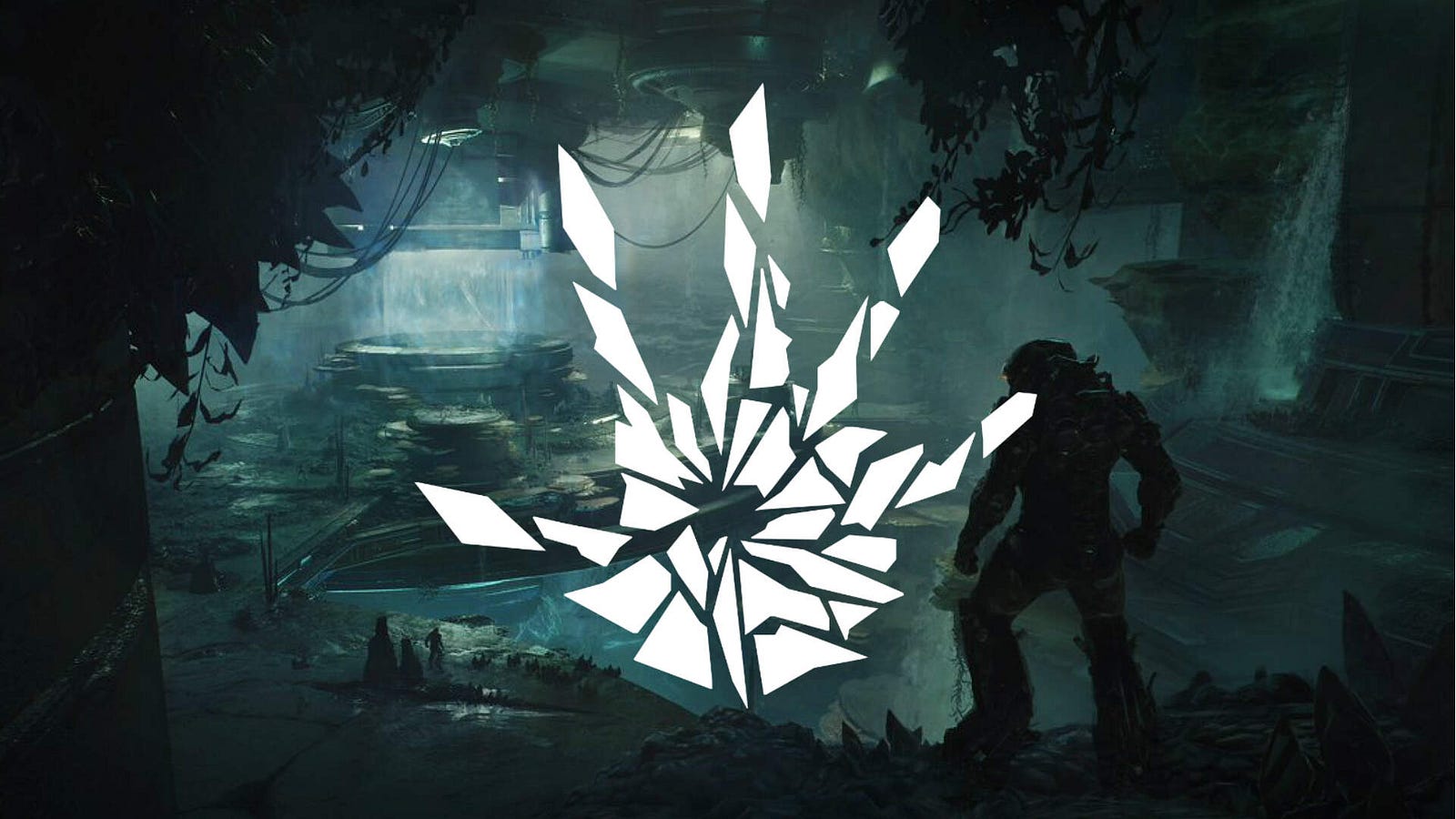Why CD Projekt Red's Switch to Unreal Engine Is a Big Deal
Changing of the guard

CD Projekt Red (CDPR), developer of Cyberpunk 2077 and The Witcher series of games made a big announcement this week. The studio revealed that the next Witcher game will not be running on their in-house proprietary engine, the REDengine, but instead on Unreal Engine 5.
This represents a significant paradigm shift for the studio and could remedy a lot of the development issues the studio has encountered with its past games.
To explain why this is significant we need to understand the important role that game engines play in a game’s development. The decision as to whether a studio uses its own engine or a third-party commercial engine is a balancing act between cost and ease of development.
Is third-party the way to go?
Using a third-party engine like Unity or Unreal incurs a license cost, a cost that can scale depending on how much money the game makes and the size of the game’s development. Obviously, studios would prefer to keep as much of the revenue from their games as possible and so having an in-house engine theoretically avoids that revenue cut.
The potential downside of a commercial engine is that you are locked to working the way that engine works and limited as to the features it can handle. That is to say, if the engine is missing something or it does a particular task slowly or with difficulty, it’s hard to remedy that. These engines are close-sourced pieces of software and so often the best thing you can do is build a workaround and hope it doesn’t cause too many issues. You can try to request the engine-maker to rectify that particular issue with a future release, but they have their own release roadmaps and are often only going to make changes that benefit multiple game studios rather than just one.
Common complaints against engines like Unity and Unreal tend to focus on several issues. Old or propriety coding languages, difficulties with collaborative working, the complexity of online multiplayer games, and performance issues around specific workflows are some of those pitfalls.

The perils of in-house game engines
So it sounds like the obvious thing is to not use a third-party engine and instead make your own, right? You can develop how you want and you don’t have to share the profits.
Well, the thing is, making your own engine is very hard, very expensive, and requires a lot of investment to keep it up to speed. In the past decade, we have seen more and more companies switching to third-party engines as for some studios the cost of having their own engine wasn’t worth it.
Famously, EA’s Frostbite engine is considered a massive flop. In order to justify the development of the engine, EA has since forced all of their studios to use it for all of their games. It was built for first-person shooters and thus was missing functionality other games required. In a retrospective article about the infamous fall of BioWare, it was revealed that the Dragon Age team had to build from scratch the RPG and Inventory elements of the game as the Frostbite engine didn’t support it.
Other Frostbite issues including poor documentation, an understaffed development team, and difficulty in fixing bugs, hampered the development of both Mass Effect Andromeda and Anthem. Those development teams were forced to use an engine that was missing adequate support, thus increasing development time and complexity. Since then EA studios have since moved onto other third-party engines such as Unreal and Source.
Square Enix spent over a decade working with their own engine referred to as Crystal Tools. The engine was forced to grow to meet the needs of the studios’ various projects and consequently failed to keep up, impacting the development of various games. Final Fantasy XIII was one of those games and many of the artists had to forge ahead with creating art assets not knowing if the engine could take them. Unfortunately, when the engine’s issues were resolved, those assets were rendered incompatible and had to be remade.
As Final Fantasy XIII suffered more and more delays it was given priority and all other projects reliant on the engine had to be paused. The game's producer later remarked that upgrading the engine at the same time as a major release may have been a mistake. Despite this, Square Enix went on to create another proprietary game engine known as Luminous Engine. Not all of the Square-Enix-developed games (as opposed to ones they just published) would end up using that engine though. Their wildly popular Final Fantasy 7 Remake was developed using Unreal, thus avoiding some of the same problems that EA brought upon themselves with Frostbite.
In a recent development update from Bethesda, they talked about needing to divert a large amount of money and resources towards their Creation Engine so it was fit for the development needs of both Starfield and the Elder Scrolls 6. That sort of investment was absolutely paramount for Bethesda as their games were starting to feel old and the charm of their bugs was wearing thin with the players. Bethesda very much could have pivoted towards other commercial engines rather than make that investment.

CD Projekt Red’s decision
CDPR felt the same pain with their REDengine, when after the disastrous launch of Cyberpunk 2077 it was revealed that the engine had never needed to do first-person shooting or driving and those had been major issues in development. Their 2018 title, Thronebreaker, was developed using Unity, indicating that the REDengine potentially wasn’t fit for the development goals of that game.
It’s also important to note that in the past decade game engines have gotten a lot better. They have grown and adapted in a way that trivialises tasks that used to be difficult for development studios. As the worlds of video games and film collide these engines are being used more in bigger blockbuster movies and tv shows which brings with them more investment and features.
Looking at the size of CDPR, I would hazard a guess that they are not big enough to warrant needing their own engine. Studios that still have their own engines these days are your big multi-franchise studios such as Rockstar, Ubisoft, and Zenimax.
Given that CDPR needs the launch of their next big game to be technically flawless to avoid more bad PR and loss of consumer trust it makes sense that they will be looking to dodge any avoidable difficulties. Removing the burden of maintaining an engine alongside developing their next title is a smart move. They can now redirect those team members to help with the game or other tooling, and if they get stuck they can draw on the myriad of Unreal Engine support studios that exist. Fun Fact: the developers behind Rocket League, Psyonix, started as an Unreal Engine support team.
Given that Cyberpunk is a REDengine game and is still awaiting future DLC, CDPR will need to keep the REDengine going for a little while longer but it's my estimation that the engine is in its final days and CDPRed intends on using Unreal for the foreseeable future.
